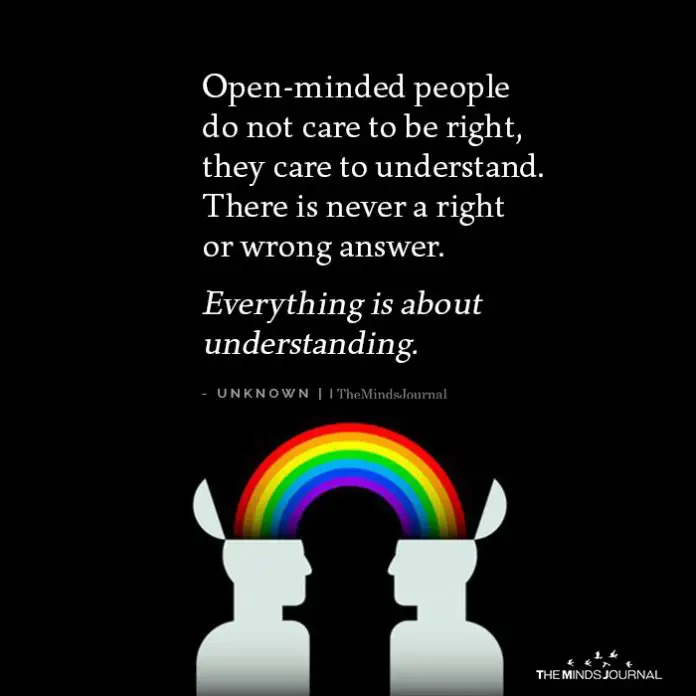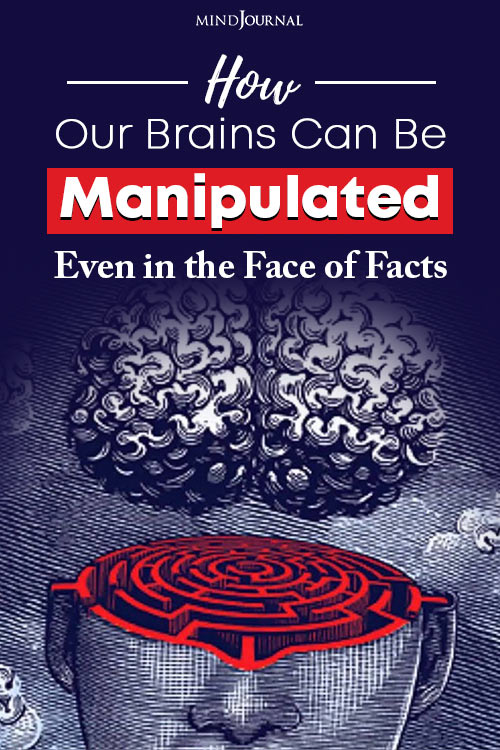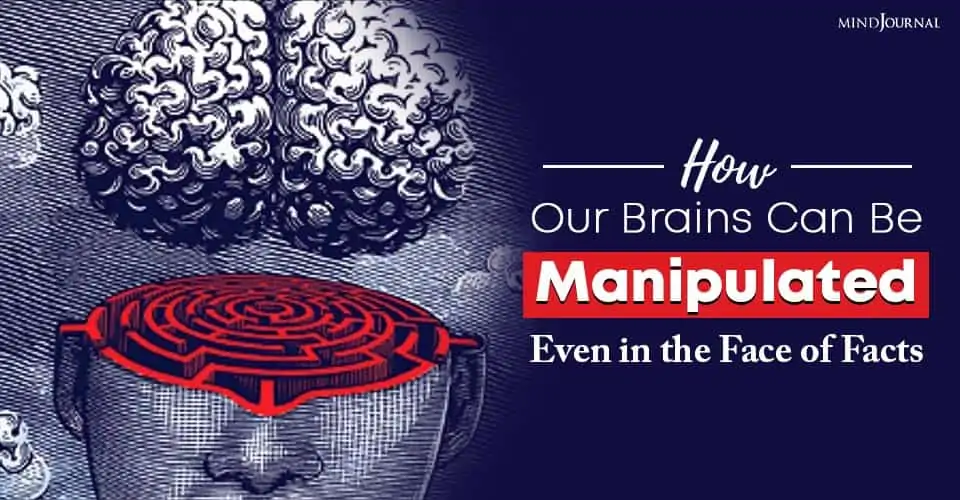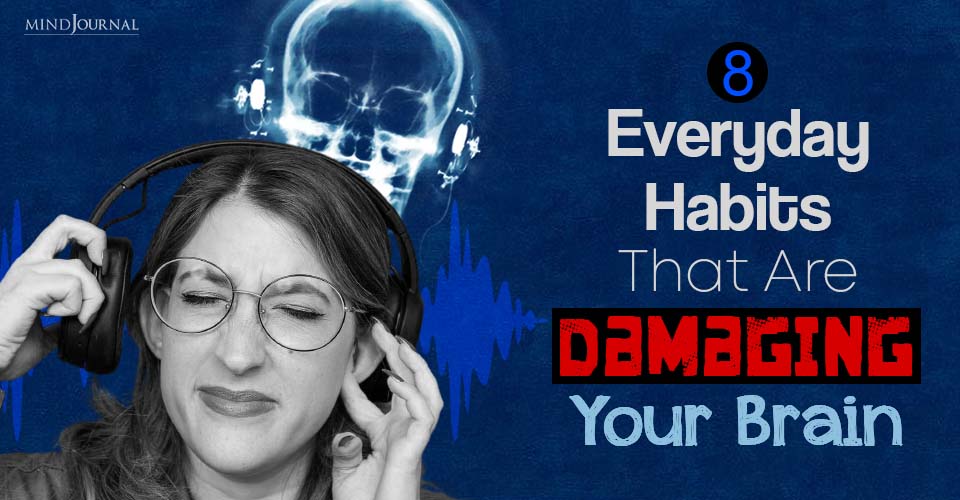Do we really see everything as it is, or are we seeing things from the eyes of others? manipulation plays a huge role in how our brain shapes reality, even in the face of facts.
Research shows how our motivations and opinions change faster than we realize. Read on to know how our brains can be manipulated.
When motivation changes, we can easily switch opinions. Have you ever fallen for someone but then been rejected? Did you then come up with reasons why it wasn’t going to work out in the first place? If you didn’t get snubbed, you probably wouldn’t have changed your mind. The same thing happens when someone is under the spell of blind love.
They may ignore red flags, common sense, and reject advice from friends or professionals, as they create explanations that support their desires, like, “If I am good enough I can change him/her. Love will conquer all.”
Opinions change with circumstance and sometimes are created on the spot.
One study showed that most people can completely switch their views without batting an eye. Researchers had 160 volunteers fill out two-page questionnaires asking them to what degree they agreed with morally laden issues (such as individual rights or political conflict). The participants filled out the form, then discussed and defended their answers.
However, the researchers pulled a fast one: Each questionnaire was on a clipboard, and when the subject flipped over the page to fill out the second half, parts of the sheet stuck to the clipboard. When volunteers turned that page back over to discuss their first responses, the answer sheet had changed, containing different versions of two questions.
Read Your Partner Can Control Your Brain, Science Explains
But here’s the thing: The volunteers’ answers remained the same. So, a person who originally had strongly agreed about the benefits of government surveillance now held a sheet that said they strongly agreed about the problems of government surveillance.
The participants were interviewed about these views, including the ones that had changed. About two-thirds of them defended the views they hadn’t put down in the first place. They gave logical and coherent reasons but didn’t seem to realize they were supporting positions they hadn’t originally given.
That’s how our brains are manipulated!
The study shows that people can change their minds and retroactively create reasons and rationalizations for whatever they are feeling at the time.
The authors suggest that the project shows “a dramatic potential for flexibility in our…attitudes” that back up behavior. This indicates that many subjective decisions are made from emotion rather than logic.

However, this study also shows we can be pretty darn flexible in our opinions if we are willing to have an open mind.
Read 5 Emotional Manipulation Tactics Covert Narcissists Use To Trap You In A Relationship
You’d think you wouldn’t do what these volunteers did, but you might. A recurring theme in the deception literature is how most everyone agrees that deception occurs, but they usually don’t catch themselves doing it. We are blind to our blindness.
As author Dan Goleman wrote, “For self-deception, by its very nature, is the most elusive of mental facts. We do not see what we do not see.” The next time you feel like arguing a position, consider whether you are being open-minded, or whether you are getting caught up in an emotion-fueled opinion that could change with the next situation.

References
- Lars Hall, Petter Johansson, and Thomas Strandberg, “Lifting the Veil of Morality: Choice Blindness and Attitude Reversals on a Self-Transforming Survey,” PLOS One (2012): e45457, DOI: 10.1371.
- Daniel Goleman, Vital Lies, Simple Truths: The Psychology of Self Deception (New York: Simon and Schuster, 1996), p. 13.
Written by:Jason Whiting PhD. For consulting and workshops or treatment and supervision click here Originally appeared on Psychology Today Republished with permission










Leave a Reply
You must be logged in to post a comment.